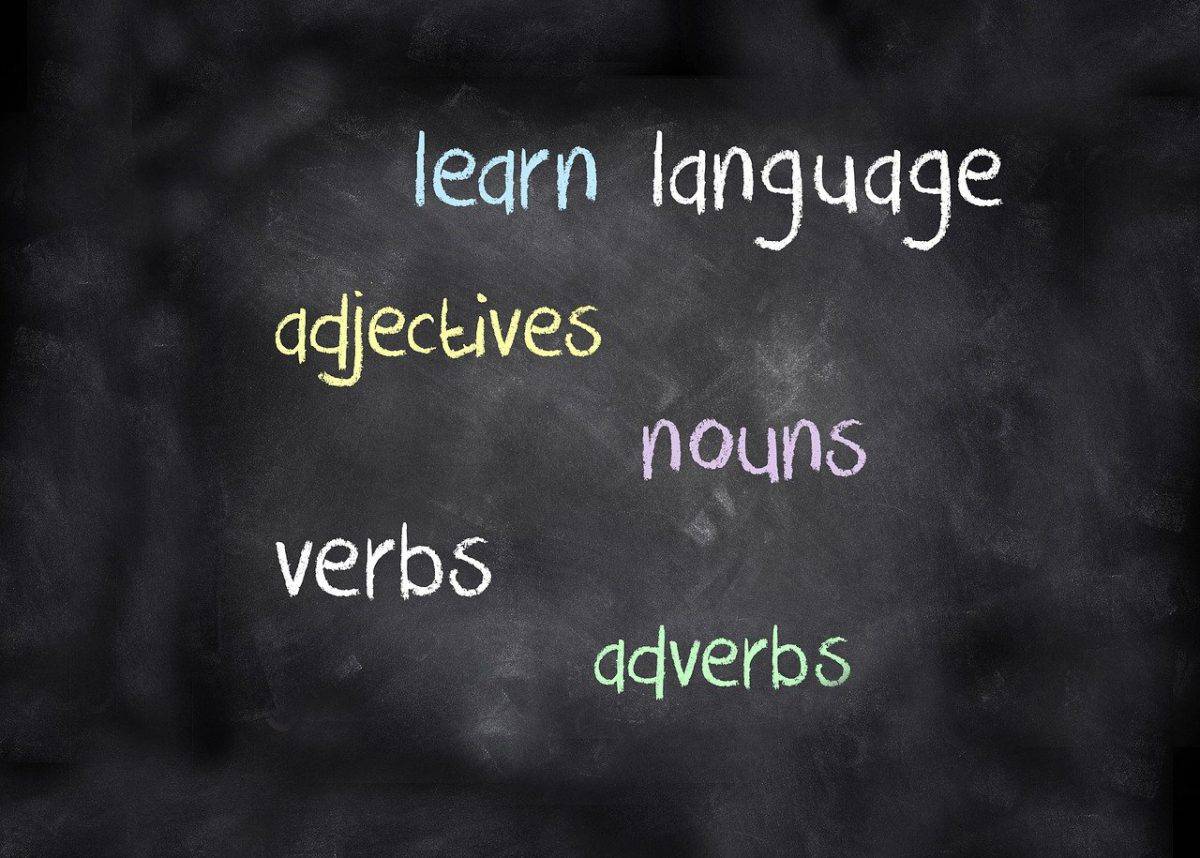Legislation that will give a greater number of migrants access to more free English-language classes has been passed in Federal Parliament, with the aim of giving migrants a better chance of succeeding in Australian society.
The Immigration (Education) Amendment (Expanding Access to English Tuition) Bill 2020 is claimed by the Government to be one of the most significant reforms to the Adult Migrant English Program (AMEP) in its history.
It is the first part of a three-part plan to make English tuition more accessible, ensure better quality outcomes and encourage greater participation, the Government says.
No time limit on tuition entitlement
The reforms will remove the 510-hour limit on a person’s tuition entitlement and raise the upper limit for AMEP eligibility from functional to vocational English.
Time limits for commencement and completion of tuition will also be removed for migrants who first arrived in Australia on or before 1 October this year.
Acting immigration minister, Alan Tudge, believes good English-language skills are fundamental to an individual’s success in the country.
Language skills increase employability
“Without English, it is harder to get a job, harder to be an active member of the community, and harder to participate in our democratic processes,” Tudge said.
“Only 13 percent of those with no English skills are in work, compared to 62 percent of those who speak English well.
“Migrants with no English skills are also more vulnerable to fall victim to foreign interference and misinformation, and will likely find it harder to seek help if they are a victim of family violence or exploitation.”
According to Government, the reforms mean that most migrants, regardless of when they arrived in the country, can access free English-language classes and attend for as many hours as necessary.
Settlement skills integrated into program
AMEP providers integrate settlement skills into their tuition programs, including how to access government and community services, banking, medical assistance and emergency services, as well as understanding Australian law and their rights.
Based on recent data, there are nearly a million people in Australia who do not speak English well or at all – with about half of those being of working age.
The AMEP, which is managed by the Department of Home Affairs, is currently delivered nationally across 58 regions by 13 contracted registered training organisations.












